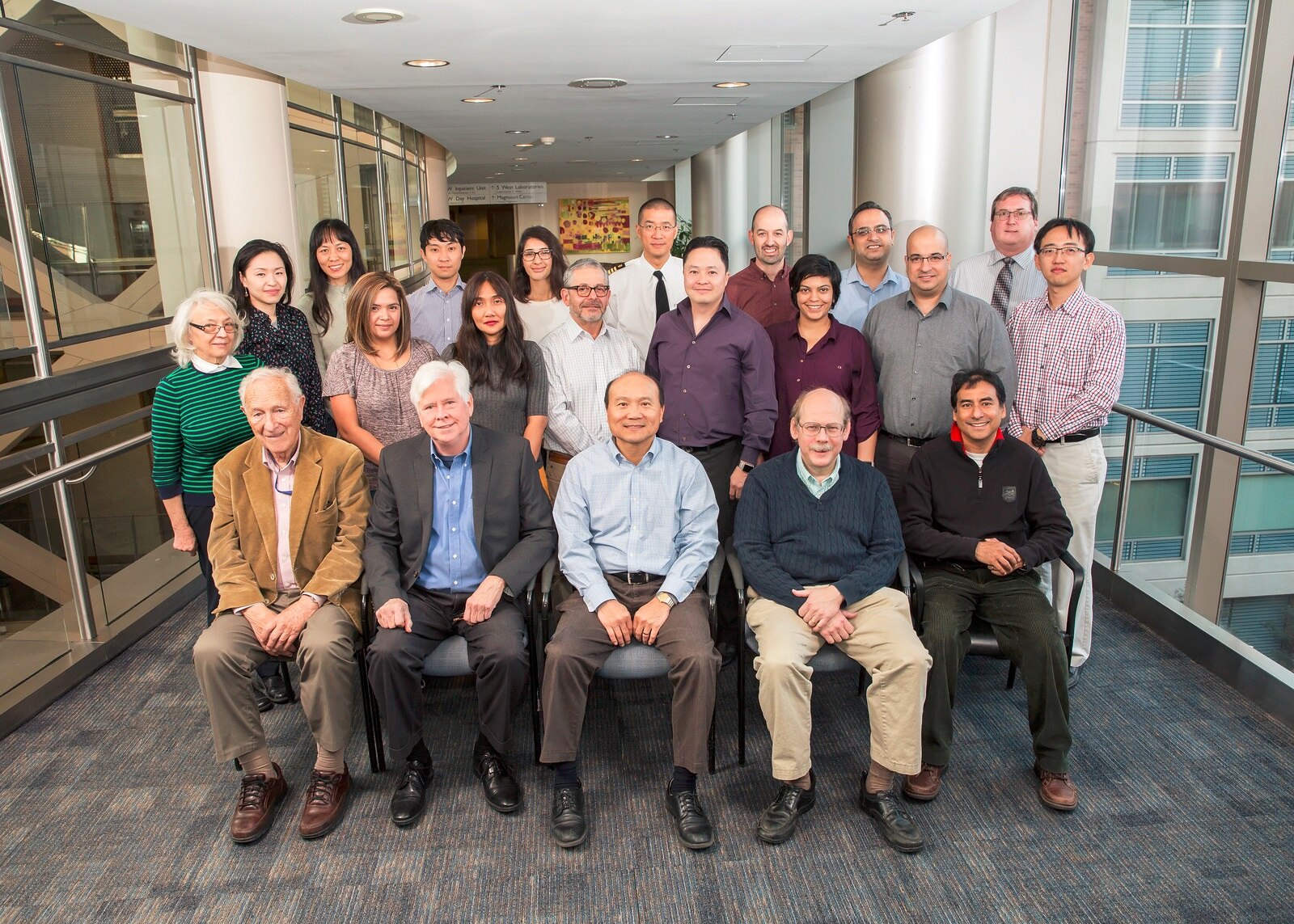Hepatology Fellowship Program

NIDDK’s Hepatology Fellowship Program—led by our Liver Diseases Branch—is a 2 or 3-year non-ACGME accreditated clinical and research fellowship. The program has a long tradition of training fellows worldwide for a career in academic hepatology, and prior fellows have made seminal contributions to basic, translational, and clinical research. The program is committed to providing fellows with the necessary skills to become independent clinician scientists. Many graduates become leaders in academic centers and national organizations.
Eligibility
Each year 1-2 positions are offered to eligible applicants.
U.S. Applicants: Board eligible or certified in internal medicine or gastroenterology prior to starting the program. This usually requires that the applicant is either currently enrolled or will have completed a 3-year ACGME accredited residency or fellowship in internal medicine or gastroenterology training program within the United States.
International Applicants: Must have completed their country’s required clinical training prior to entering the program and are ECFMG accredited.
How to Apply
Follow the instructions within the NIDDK Hepatology Fellowship Program Application Form. A current ERAS application that includes all required documentation from NIDDK's Application Form may be substituted. A minimum of three original letters of recommendation are required.
Application Deadline: October 30 or until all slots have been filled
Interview Season: October through December on a rolling basis
Notification of Acceptance: Rolling basis
Contact Us
Jose Linan
(301) 496-3920
NIDDKhepfellowship@niddk.nih.gov
Program Structure
Learn about the Program Structure, including
- Hepatology Outpatient Clinic
- NIH Clinical Center Hepatology Consultation Service
- NIDDK Liver Diseases Branch Inpatient Hepatology Service
- Didactic conferences, clinical meetings, and journal club
- Research projects including clinical trials, natural history or observational studies, biomarker studies, and other translational studies
- Duke/NIH combined Master’s degree in clinical research (M.H.Sc.) (for selected fellows)
Fellows have the opportunity to participate in various research projects, publish, and present at national meetings. View recent examples in the Hepatology Fellowship Photo Gallery and list of Hepatology Fellow Publications, Abstracts, and Presentations.
Faculty and Fellows
Learn about Program Faculty and Featured and Recent Hepatology Fellows (with testimonals). The program is led by
- Dr. T. Jake Liang, Chief, Liver Diseases Branch
- Dr. Christine Hsu, Director, NIDDK Hepatology Fellowship Program

